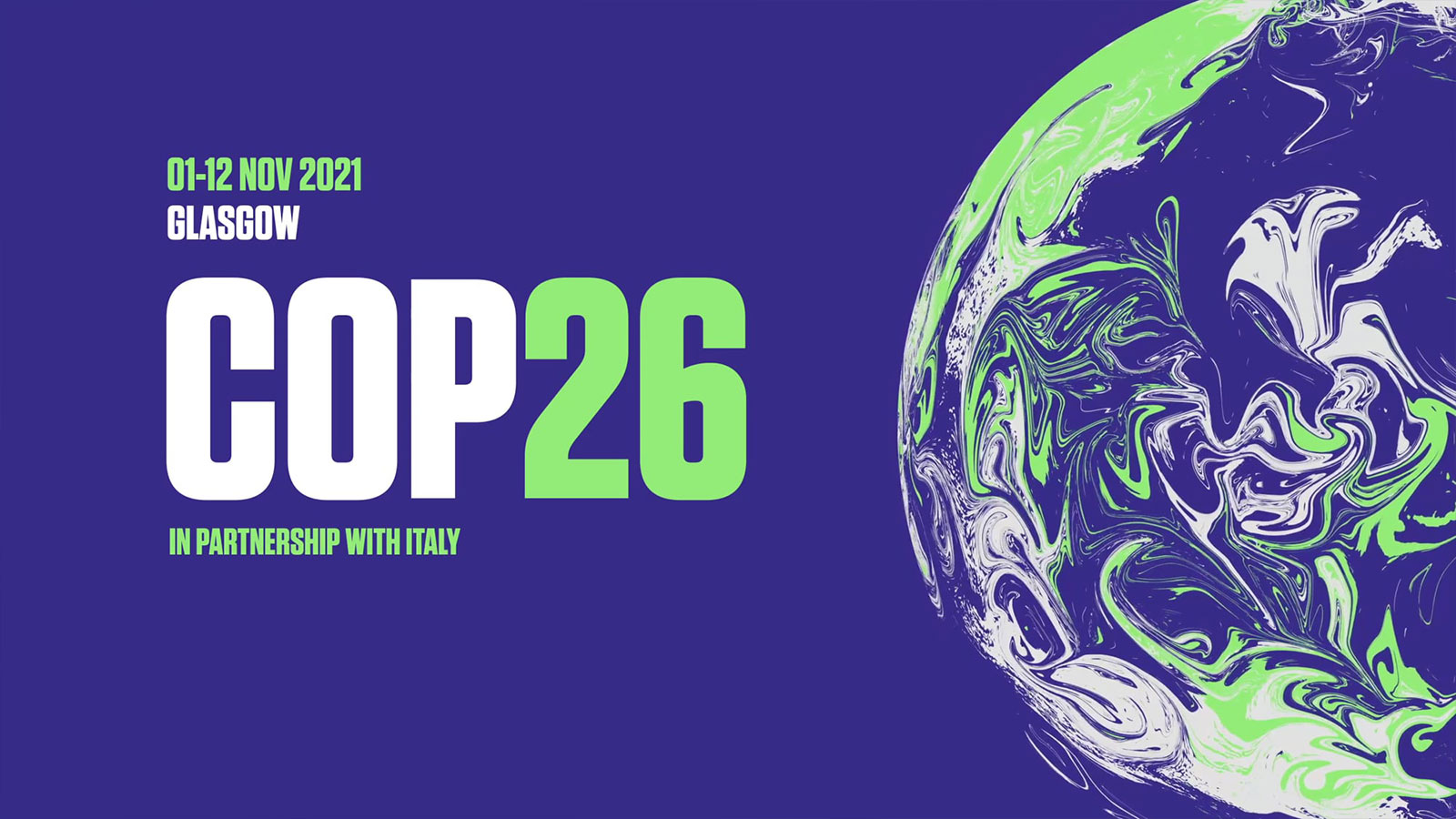
Matt Doll, Minnesota Environmental Partnership
During this week, the members of the G20 – an organization of 19 of the world’s wealthiest countries and the European Union – have been meeting in Rome in advance of the United Nations COP26 climate summit in Glasgow, Scotland that begins tomorrow. The commitments and actions of the G20, who account for three-quarters of global emissions, and the other countries represented will make the difference in our planet’s future. With science clearly showing that time is short for cutting global greenhouse gas emissions at the scale we need, the eyes of the world are on Glasgow.
That includes the eyes of Minnesotans, who will be well represented by climate action leaders at the summit. Organizations with delegates to COP26 include the University of Minnesota, Macalester College, and the Science Museum of Minnesota, as well as MEP members Climate Generation: A Will Steger Legacy, Institute for Agriculture and Trade Policy, and Minnesota Center for Environmental Advocacy.
Our state is fortunate to have these organizations representing us in Scotland, especially given our unique connections to the climate crisis. Minnesota is one of the fastest-warming states in the nation, and we’re seeing challenges to wildlife, agriculture, and public health as average temperatures rise. The heat waves, drought, and wildfires of the past year have been an especially visible sign of this crisis. They exacerbated the environmental health disparities that exist in our state, where communities of color frequently suffer higher summer temperatures than white neighborhoods.
Minnesota also sits at the nexus of one of the greatest threats to a livable climate: the fossil fuel infrastructure that snake across our state, such as Enbridge’s newly constructed Line 3. Line 3 has faced fierce resistance from our communities on the grounds of its harms to water, its trampling of the rights of Indigenous people, and its catastrophic impact on the climate (this report from ABC’s Nightline is a good overview.) What happens in Minnesota matters to the world.
Minnesota and the United States broadly have a responsibility to deliver on climate action promises, and quickly. The U.S. has done more to worsen the climate crisis than any other country, though our emissions have since been eclipsed by China (which exceeds our population by over a billion people.) Promises by themselves aren’t enough. Without action to back them up, world leaders will not only move toward climate catastrophe, but will worsen a very concerning crisis of faith among young people.
A recent international survey by Bath University found that the vast majority of people between the ages of 16 and 25 feel highly worried about climate change. They’ve grown up seeing warning after warning from scientists for decades, warnings that successive governments have ignored or procrastinated on. It’s contributed to the fact that less than a third of people in this age range believe that governments can be trusted – an understandable position in the face of inaction.
If nothing else, these numbers tell a story about the true public views on climate change. Another recent survey by the Associated Press that found that most Americans supported – and only 16% opposed – measures to cut emissions from electricity by shifting from coal and gas to renewable sources. Contrary to the dominant narrative, there is no major constituency for inaction on climate change – other than fossil fuel companies like Enbridge and Koch Industries.
The nations meeting in Glasgow this week will have the chance to not only do the right thing, but the popular thing, by firmly committing to the bold climate action we need. A swift reorganization of our economies to cut emissions from transportation, agriculture, electricity, and buildings isn’t a radical concept – it’s exactly what the world wants and needs.
If you would like to reblog or republish this column, you may do so for free – simply contact the author at matthew@mepartnership.org.